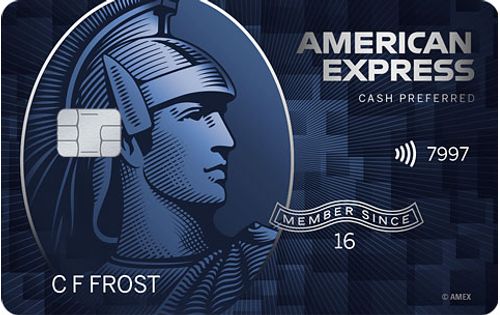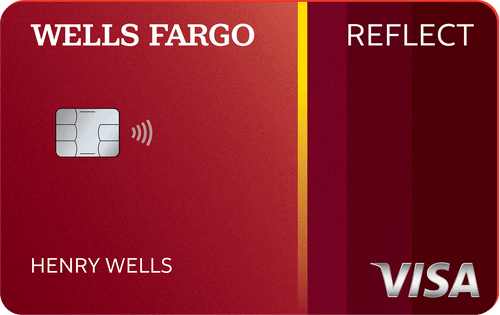Ryan P Page, Staff Writer
@ryan_page
To pay off your credit cards and build credit, you should pay off the balance with the highest interest rate first while making minimum monthly payments on your other balances. You should also consider using a balance transfer credit card or a debt consolidation loan to lower the cost of your debt.
Paying your credit card bills on time and reducing what you owe should steadily improve your credit score. Minimizing interest charges will also help you get out of debt sooner.
You can get daily credit score updates for free on WalletHub to track your progress and use WalletHub’s credit score simulator to see how different actions could impact your score.
How to Pay Off Credit Cards to Build Credit
- Target your highest-interest balances first. You can take care of debt fast by focusing on paying off the highest-interest card first and making minimum payments on your other balances. The debt with the highest interest rate will increase the fastest, after all. Once you pay off your highest interest debt move on to the next highest to continue making progress.
- Consider debt consolidation. If you have a substantial amount of debt and a reasonably high credit score, consider using a debt consolidation loan or a balance transfer credit card to combine your balances into one lower-interest balance. You should only consolidate your debt if it will save you money overall. Transferring to a card with high fees or taking out an expensive loan may worsen your situation.
- Ask your credit card issuer for a lower interest rate. Getting a lower interest rate on your credit cards can help you pay off your debt sooner, which will help your credit score. Calling your issuer to request better terms can be daunting, with about half of Americans preferring to call their in-laws than their credit card issuer. However, around three-quarters of people say that calling customer service is ultimately worth it.
- Make a budget and stick with it. To address your debts, you need to direct as much money as possible toward making payments. To ensure you have the money you need, you should carefully budget your bills and expenses, then track your spending to confirm you don't go over. In addition, your plan should include paying your bills on time, which is essential for building good credit.
- Use your credit cards sparingly. Credit cards are an excellent, easy-to-use tool in a financially stable situation, but they can also make it harder to get out of debt and rebuild bad credit. It’s still a good idea to have a credit card for credit-building purposes, and you can avoid getting into more debt by designating one card for everyday purchases and always paying that card’s bill in full. If you see interest charges on that account, you’ll know you’ve overspent.
Ultimately, paying off your credit card debt improves your credit and will also allow you to save more of your money every month, which improves your financial situation overall. You should keep track of your credit score for free on WalletHub while working to improve your credit. You can also plan your credit card repayment using WalletHub’s credit card payoff calculator.

People also ask
Did we answer your question?
Important Disclosures
Ad Disclosure: Certain offers that appear on this site originate from paying advertisers. For full transparency, here is a list of our current advertisers.
Advertisers compensate WalletHub when you click on a link, or your application is approved, or your account is opened. Advertising impacts how and where offers appear on this site (including, for example, the order in which they appear and their prevalence). At WalletHub we try to present a wide array of offers, but our offers do not represent all financial services companies or products.
Advertising enables WalletHub to provide you proprietary tools, services, and content at no charge. Advertising does not impact WalletHub's editorial content including our best picks, reviews, ratings and opinions. Those are completely independent and not provided, commissioned, or endorsed by any company, as our editors follow a strict editorial policy.



